There is no king who has not had a slave among his ancestors, and no slave who has not had a king among his
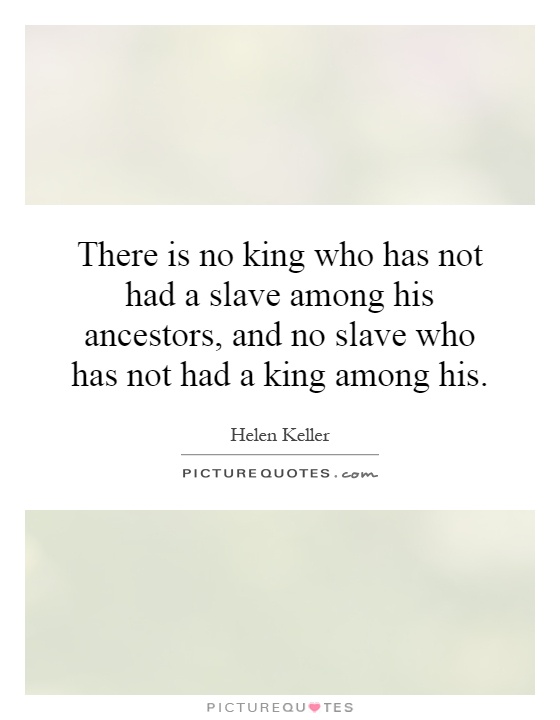
There is no king who has not had a slave among his ancestors, and no slave who has not had a king among his
Helen Keller, a remarkable woman who overcame incredible obstacles to become an influential author, political activist, and lecturer, is a perfect example of the truth behind the statement, “There is no king who has not had a slave among his ancestors, and no slave who has not had a king among his.” Keller, who was born in 1880 in Tuscumbia, Alabama, was struck by an illness at the age of 19 months that left her deaf and blind. Despite these challenges, Keller went on to become the first deaf-blind person to earn a Bachelor of Arts degree.Keller’s ancestry is a mix of both privilege and struggle. On her father’s side, she was descended from a long line of prominent southern gentlemen, including a Confederate Army officer and a judge. On her mother’s side, however, Keller’s ancestors were poor Irish immigrants who worked as laborers and servants. This diverse heritage shaped Keller’s worldview and gave her a unique perspective on issues of class and privilege.
Keller’s own life was a testament to the idea that social status and background do not determine a person’s worth or potential. Despite being born into a family of privilege, Keller faced immense challenges due to her disabilities. She was initially seen as a burden and was often treated as if she were incapable of learning or achieving anything of significance. However, with the help of her devoted teacher, Anne Sullivan, Keller was able to overcome these obstacles and prove to the world that she was capable of greatness.
In her later years, Keller became a vocal advocate for social justice and equality, using her platform to speak out against discrimination and oppression. She believed that all people, regardless of their background or circumstances, deserved to be treated with dignity and respect. Keller’s own experiences as both a descendant of kings and slaves gave her a unique perspective on the interconnectedness of all humanity.


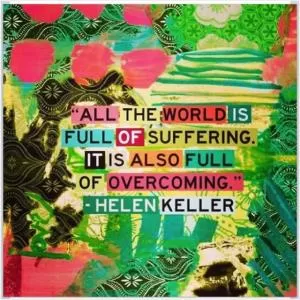
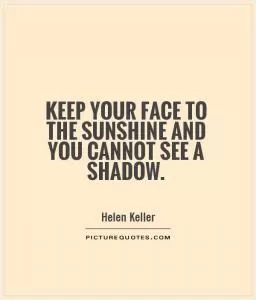
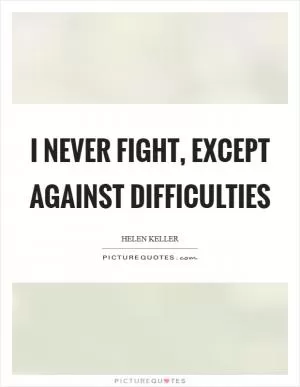



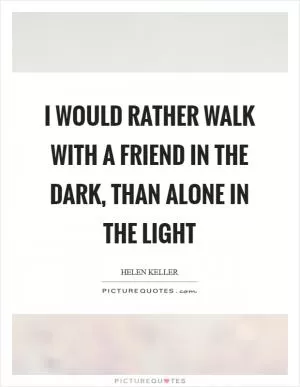
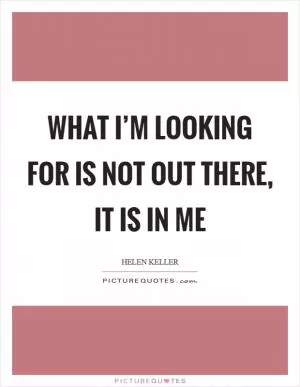
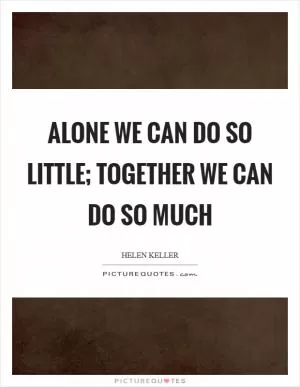

 Friendship Quotes
Friendship Quotes Love Quotes
Love Quotes Life Quotes
Life Quotes Funny Quotes
Funny Quotes Motivational Quotes
Motivational Quotes Inspirational Quotes
Inspirational Quotes